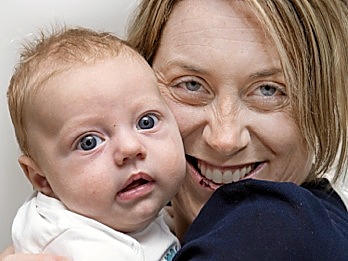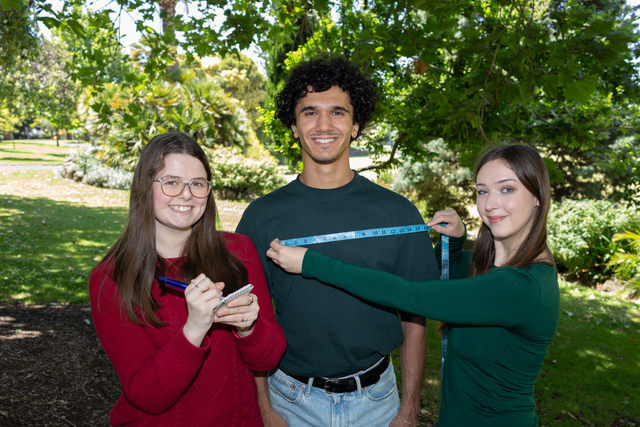Pregnant women living in Melbourne’s outer northern suburbs are about three times more likely to be diagnosed with gestational diabetes than the national average.
A Northern Health spokeswoman said about one in six pregnant women present with gestational diabetes, while the national average is one in 20 pregnant women.
Most at risk are women who are overweight and those with a family history of type 2 diabetes.
Gestational diabetes is diagnosed when a woman’s blood glucose levels increase during pregnancy, typically around the 24th to 28th week. Maternal blood glucose levels usually return to normal after the birth of the baby. However, these mothers have an increased risk of developing type 2 diabetes later in life.
Northern Hospital is now trialling a program to remotely manage diabetes in pregnant women. The free trial uses technology to safely monitor the disease and reduce the number of medical appointments required, lessening the burden on pregnant women.
Associate Professor Kwang Lim, Northern Health’s chief medical officer and clinical director for medicine, has supervised the trial for the past four months in partnership with the University of Melbourne’s department of general practice, and he hopes its success will pave the way for an expansion of the same technology to monitor other diseases.
“The trial provides patients with the ability to log their blood-sugar levels into an online system so doctors can then message them what insulin dosage they should be taking,” Associate Professor Lim said.
“It saves on visits to hospitals and the phone tag women play with their nurses and doctors.”
So far, about 20 patients have taken part in the trial. Northern Health is hoping to sign up another 80 patients within the next 12 months.
Sandra Pascuzzi, of Thomastown, signed up for the trial while pregnant with her third child last November.
The 34-year-old mother of three was hospitalised for five days to rebalance her insulin levels when first diagnosed with gestational diabetes while pregnant with her second child.
While she was expecting a change in her insulin levels with her third pregnancy, she said the way her diabetes was managed throughout the trial made her feel more in control.
“It was much easier not having to make an appointment and wait around at the hospital every two weeks,” she said.
Eligible expectant mothers can register their interest in joining the trial by contacting the Northern Health endocrinologist, diabetes nurse educator or Northern Health TeleGDM trial co-ordinator Tshepo Rasekaba on
8405 8399 or email tshepo.rasekaba@nh.org.au.







